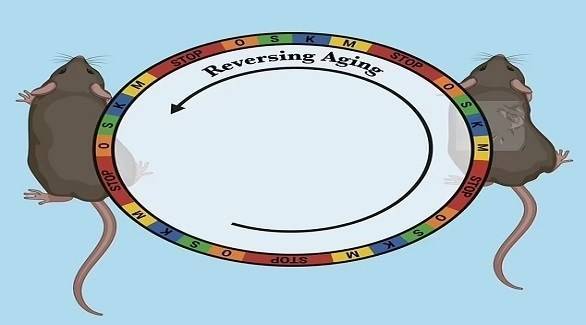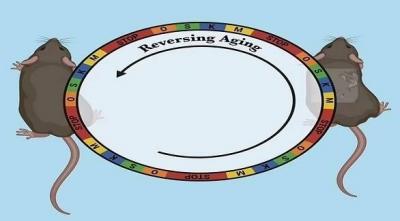In a promising step towards eternal youth, scientists have reversed the aging process in middle-aged and older mice using a cell renewal technique. Experts in California demonstrated that they could partially reset the mice's cells to "younger states" using four molecules known as Yamanaka factors. After injecting these molecules into mice of various ages, the kidneys and skin of the animals showed promising signs of regeneration, while the skin cells displayed greater reproductive ability and were less prone to permanent scarring.
Researchers believe that their "safe" treatment could one day help humans restore their biological clocks, reducing the risks of cardiovascular diseases and cancer. According to the findings, a treatment period of 7 to 10 months may be needed to stave off unwanted aging side effects. Juan Carlos Izpisua Belmonte, a co-author and professor at the Salk Institute in San Diego, California, stated, "This technique is safe and effective in mice. We are pleased that we can use this approach over a lifetime to slow aging in ordinary animals."
In addition to addressing age-related diseases, this approach may provide the biomedical community with a new tool for restoring the health of tissues and organisms by enhancing cell functions and resilience in various disease conditions, such as neurodegenerative diseases. Researchers discovered that by adding the four gene-regulating proteins to the cells, they could "reprogram" them to return to a smaller, more adaptable form, referred to as "embryonic stem cells."
Embryonic stem cells have the ability to become all types of cells in the body due to their pluripotency, meaning they can develop into many different cell types. The authors of the new study noted that "the long-term effects of partial reprogramming in wild-type physiological mice are unknown." When the researchers examined the natural signs of aging in the treated animals, they found that the mice resembled younger animals. In both the kidneys and skin, the epigenetic heritage of the treated animals was more similar to the epigenetic patterns observed in younger animals.
The team stated in their research paper, "We observed an increase in collagen deposits in the wound area of untreated older mice, while in the mice that were partially reprogrammed long-term, fibrosis in the wound area was low and similar to that of younger mice. Furthermore, metabolic molecules in the blood of treated animals did not show age-related changes."
The team is now planning future research to investigate how specific molecules and genes change through long-term treatment with Yamanaka factors, in addition to developing new methods for delivering the factors, according to the Daily Mail.




